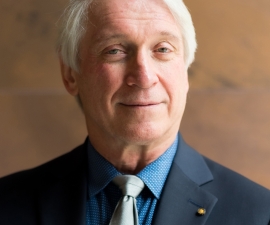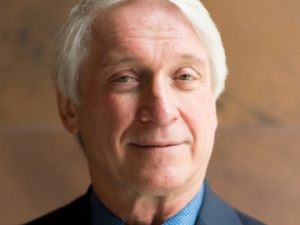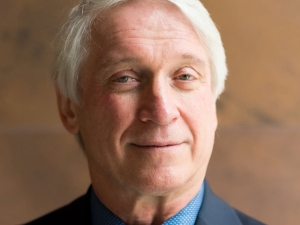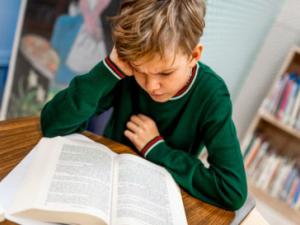

Research Bio
Stephen P. Hinshaw is Distinguished Professor of Psychology at UC Berkeley, and a Professor of Psychiatry and Behavioral Sciences at UC San Francisco. His main interests lie in the fields of clinical child and adolescent psychology and developmental psychopathology. Major themes of his work include the diagnostic validity of childhood disorders, the role of family interactions and peer relationships in normal and atypical development (particularly ADHD), the early prediction of behavioral and learning problems, the neuropsychology and neurobiology of impulsive and externalizing behavior in childhood, and the implementation of combinations of psychosocial and pharmacologic intervention for children with externalizing behavior disorders. He is particularly interested in the use of clinical intervention studies to provide information on developmental mechanisms of change regarding psychopathology and resilience. His research team is increasingly focused on adolescent and young adult outcomes, as children in his various projects continue to participate in prospective, longitudinal studies from childhood through adulthood. He directs the Berkeley Girls with ADHD Longitudinal Study (BGALS), the largest follow-up study of girls with ADHD in existence, having uncovered high risk for self-harm (including suicidal behavior), intimate partner violence, and longstanding mood disorders in a significant subset.
More recent conceptual and empirical work is focused on the conceptual underpinnings of definitions of mental disorders and the stigma that pertains to persons with mental illness. He is engaged in clinical trials with adolescents with the intention of reducing stigma and enhancing humanization. His memoir, "Another Kind of Madness: A Journey Through the Stigma and Hope of Mental Illness," was selected in 2018 as Best Book in autobiography/memoir by the American BookFest.
He is an award-winning teacher and mentor, and the recipient of major international research awards in child development, clinical psychology, basic psychological research, applied psychological research, child/adolescent psychiatric research, translational research on ADHD, and international mental health--and was inducted into the American Academy of Arts and Sciences in 2021.
Research Expertise and Interest
psychology, child clinical, developmental psychopathology, risk factors for attentional, conduct disorders, child psychopharmacology, multimodality interventions, diagnostic validity of disorders, peer relationships, stigma of mental illness, community-engaged research/scholarship
In the News
Breaking the cycle of shame about mental struggles in athletics
Six faculty elected to the American Academy of Arts and Sciences
Stephen Hinshaw wins 2020 Sarnat Prize for mental health breakthroughs
Berkeley psychologist wins two prestigious awards
UC Berkeley, UCSF to tackle dyslexia with $20 million gift
Girls with ADHD more prone to self-injury, suicide as they enter adulthood
“Like boys with ADHD, girls continue to have problems with academic achievement and relationships, and need special services as they enter early adulthood,” said Stephen Hinshaw, UC Berkeley professor of psychology and lead author of a study that reports after 10 years on the largest-ever sample of girls whose ADHD was first diagnosed in childhood.
Learning by getting into the heads of schoolchildren
UC Berkeley psychology professors Silvia Bunge and Stephen Hinshaw are scanning the brains of kids to learn how they learn. The findings may help educators and revolutionize classrooms.
Prenatal pesticide exposure linked to attention problems in preschool-aged children
Children who were exposed to organophosphate pesticides before birth were more likely to develop attention disorders years later, according to a new UC Berkeley study. Researchers linked higher maternal concentrations of pesticide metabolites during pregnancy to greater odds of attention problems in children at age 5.








